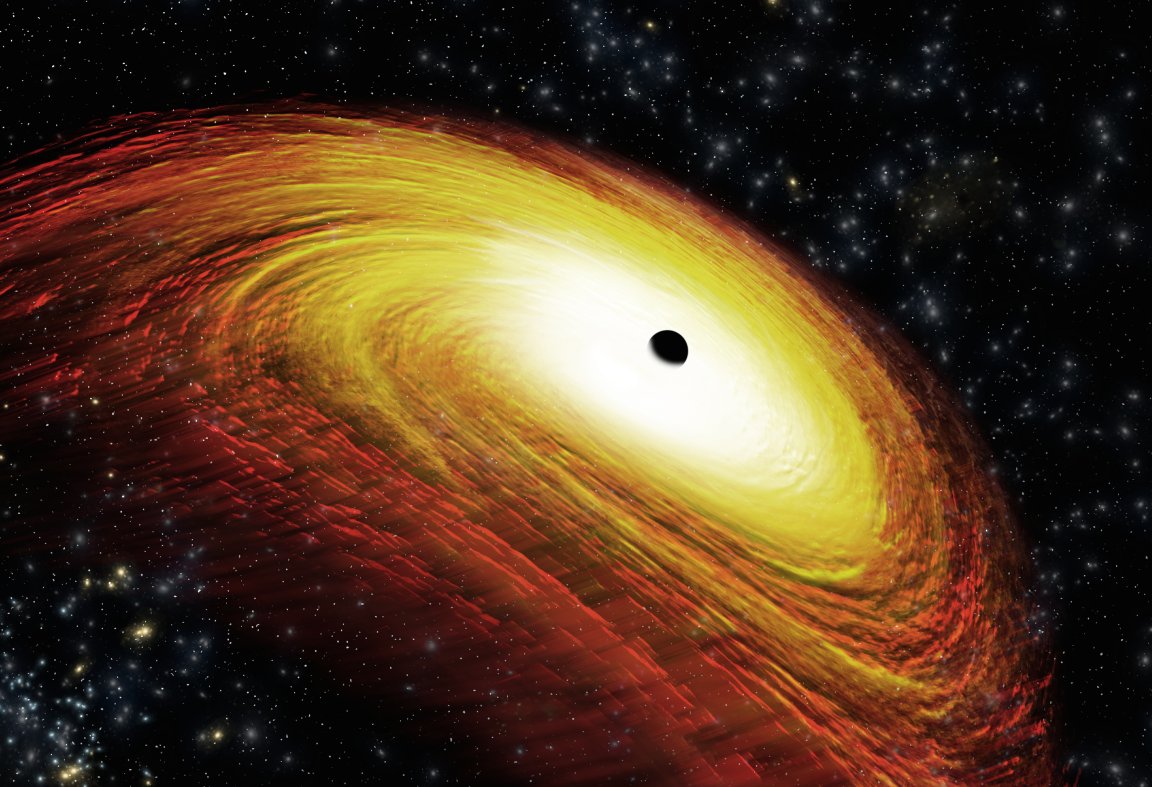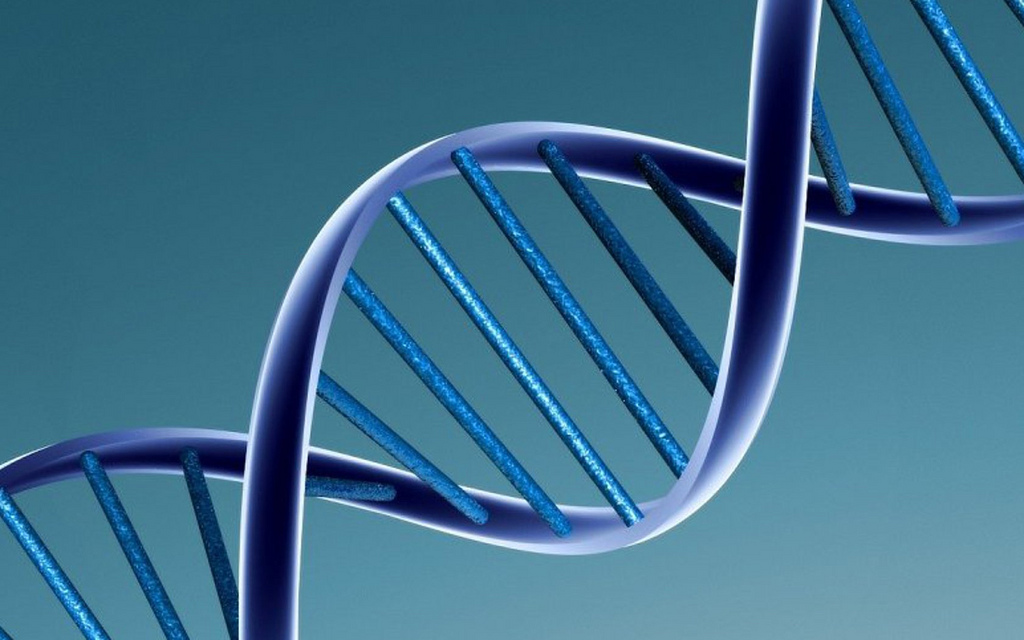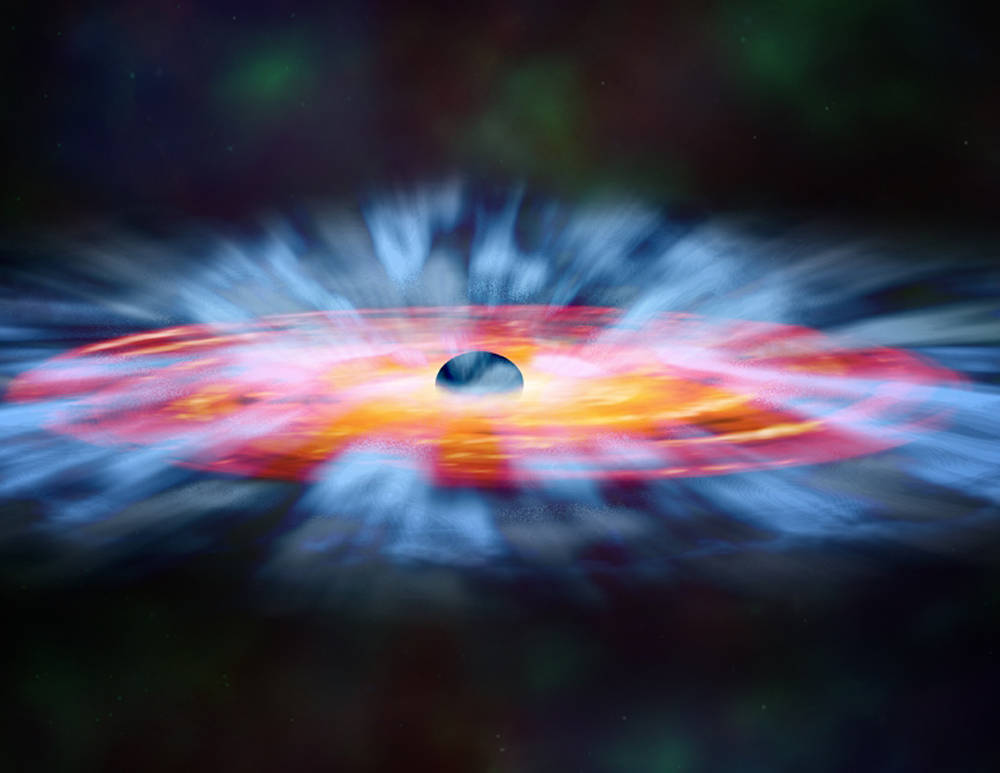
A Cut-Throat Industry
The inventor Thomas Edison is quoted as saying, “If you want to succeed, get some enemies.”
His observation cuts to the heart of an ongoing debate within the scientific community — whether the field would be better served by fostering collaboration or by fueling competition. While all fields of science are shifting towards increased international cooperation, organizations like NASA and IBM are also looking to initiate breakthroughs by sponsoring contests.
And these competitions have some historical support for their usefulness to humanity. Scientists have long harbored rivalries — some friendly, some not — but many of which spurred scientific and technological advances that have brought us to where we are today. Here are five examples of when scientists competed and we all won.
1. The Shape of the Earth — Wallace vs. Hampden

The year was 1870, and society’s understanding of the universe — and even Earth itself — was quite limited. So limited that many people, including John Hampden, held fast to the notion that the Earth was flat. He was so convinced of this idea that he was willing to offer a wager on it, and Alfred Russel Wallace stepped up to the challenge. However, after they completed the agreed-upon measurements (which supported the fact that Earth is spherical), Hampden refused to pay up. At least NASA pays Wallace homage.
2. Alternating and Direct Current — Tesla vs. Edison

Edison was certainly one to practice what he preached, and one of his enemies was a former employee, Nikola Tesla. Not long after the flat Earth wager, Edison promised Tesla a reward of $50,000 if he was able to improve Edison’s direct current (DC) power plants. Tesla completed the improvements in just a few months, but when he asked to be paid, Edison said he’d just been joking. Thus was born rivalry for the history books, with Edison backing DC electricity and Tesla pioneering alternating current (AC) power generation and transmission. We use both today.
3. The Structure of DNA — Watson and Crick vs. Pauling

While we don’t usually think of Nobel Prize winners as beating out the competition, biologist James Watson certainly bragged about his victory in his book The Double Helix. He and Francis Crick teamed up to discern the structure of our genetic code before the famous chemist, Linus Pauling, did. When Pauling’s research led him down a wrong path, Watson wrote in his book that he and Crick celebrated with a toast, “to the Pauling failure … Though the odds still appeared against us, Linus had not yet won his Nobel.” Watson and Crick won the prize for their discovery of the double helix in 1962.
4. Black Holes — Hawking vs. Thorne

Black holes have been puzzling scientists ever since they were predicted by Albert Einstein in his general theory of relativity. They have long been a particular interest of Stephen Hawking, but perhaps he decided to play devil’s advocate with himself when he agreed on a wager with astrophysicist Kip Thorne that Cygnus X-1 was not a black hole. It was, and not only did we find the first hard evidence of these collapsed stars, but Thorne earned his prize — a soft porn magazine subscription (according to some sources, anyway).
5. The Cause of Climate Change — Mashnich and Bashkirtsev vs. Annan

In 2005, James Annan, a climate modeler, staked $10,000 that global temperatures would continue to rise until 2017, demonstrating that the temperature was dependent on greenhouse gases, not solar activity. Two Russian solar physicists, Galina Mashnich and Vladimir Bashkirtsev, took him up on that bet. This wager is an example of the controversy that has fueled numerous studies that focus on climate change and how we can stop it. The bet hasn’t been settled yet, but last year Annan told Reuters that, unless 2017 is the coldest year we’ve seen in almost a century, he expects to win. And, if this spring is any indication, Annan has nothing to worry about — at least as far as the bet goes.